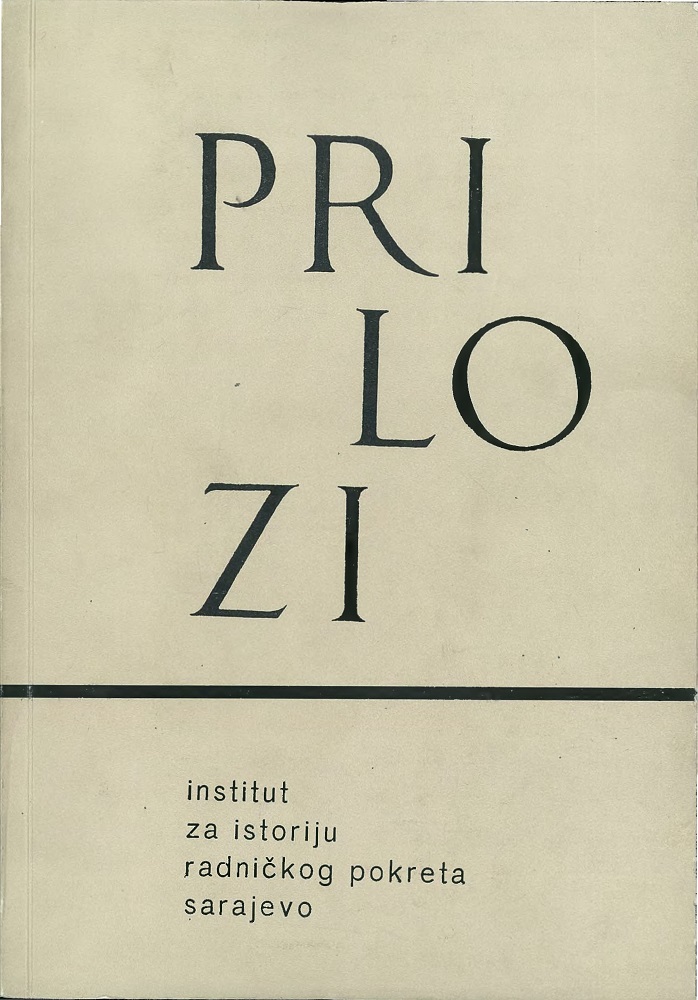NEKE SPECIFIČNOSTI ISTORIJE BOSNE POD TURCIMA
SOME OF THE CHARACTERISTICS OF BOSNIAN HISTORY UNDER THE TURKISH RULE
Author(s): Avdo SućeskaSubject(s): Military history, Political history, Social history, Government/Political systems, Military policy, 17th Century, 18th Century, 19th Century, The Ottoman Empire
Published by: Institut za istoriju
Keywords: Ottoman Empire; Bosnia and Herzegovina; 18th-19th century;
Summary/Abstract: Among the greatest peculiarities in the history of Bosnia and Herzegovina under the Turkish rule belongs the formation of a separate Moslem society in Bosnia from which the Moslem people descends. The author has endeavoured to elucidate the process of coming into existence of this society and how the Moslem people shaped itself, Islamic ideology — regardless of class differences — was tied into a unified whole, and as a whole this Islamic community had separate interests and aspirations. To differentiate from other peoples of Bosnia and Herzegovina (Croats, Srbs, Jews) the Moslem people, as part and parcel of the Moslem Turkish Empire as the whole, was composed of all states, strata and social groups, i. e. feudal landowners (spahije), dependent peasants (raja), free youmanry, tradesmen and merchants, paid soldiers (janjičari) and clergy (ulma). The higher circles of the Moslem community consisted of feudal masters (spahije) of local descent, paid soldiers of local descent (janjičari) and the higher representatives of clergy. The highest representatives of that social stratum constituted the political, state forming, body of the Moslem people (vilajetski ajani). This body became specially prominent in the time of decline and fall of the Turkish empire in the course of the 18th and 19th centuries. More than in previous times they played the decisive role in the political life of the country.
Journal: Prilozi
- Issue Year: 1968
- Issue No: 4
- Page Range: 43-58
- Page Count: 16
- Language: Bosnian

